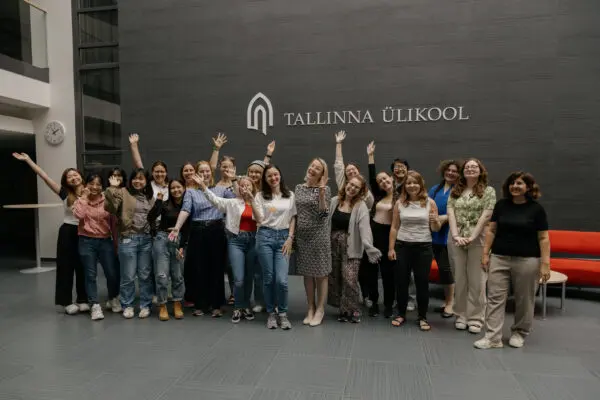
Utrecht, Netherlands
Transformational Coaching
When:
10 August - 14 August 2026
Credits:
2 EC
Read more
Social Sciences
When:
14 July - 15 July 2022
School:
Institution:
Universitat Pompeu Fabra
City:
Country:
Language:
English
Credits:
0 EC

Network Analysis is a rapidly growing field among quantitative social sciences. Networks permeate everyday life and contemporary social phenomena are increasingly represented as networks: from the participation to online social media, to the structure of relations in a working environment, to the description of political movements, to the analysis of the diffusion of banking crises. The boundaries of Network Science go well beyond social sciences, including applications to history, biology, glottology, statistics and computer science.
Network Analysis focuses on the relationship that exist between units of analysis, and studies those relationships through the tools of Graph Theory. This course will introduce the participants to Applied Network Analysis concentrating on measurement, data collection and manipulation, description and visualization of networks. Some inferential statistical techniques will be presented at the end of the course. Examples will be drawn from economics, political science, and sociology, and replication exercises will be discussed in class and implemented by the participants.
The course has a hands-on character, and the class will apply the concepts presented by the instructor using R packages and RStudio: R will be used most of the time, with some incursion into Gephi, for large networks visualisations. Knowledge of R is therefore recommended to get the best out of this short applied introduction to Social Network Analysis.
Luca De Benedictis, PhD - University of Macerata
Professionals, Researchers, and Students, who wish to develop high-quality surveys and employ up-to-date statistical methods for survey data analysis. Potential attendees include survey practitioners, marketing professionals, social science students, and researchers.
When:
14 July - 15 July 2022
School:
Institution:
Universitat Pompeu Fabra
Language:
English
Credits:
0 EC

Utrecht, Netherlands
When:
10 August - 14 August 2026
Credits:
2 EC
Read more

Tallinn, Estonia
When:
26 January - 30 January 2026
Credits:
2 EC
Read more

Utrecht, Netherlands
When:
22 January - 22 January 2026
Credits:
0.5 EC
Read more